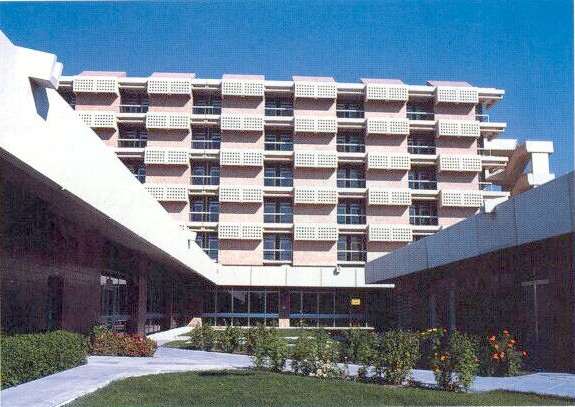 Business & Finance Club - Qatar: The Medical Research Center at Hamad Medical Corporation (HMC) has been awarded QR 24.26 million for eight National Priorities Research Program grants by the Qatar National Research Fund (QNRF). The QNRF funding supports research in basic sciences including laboratory research on animal modules, and other areas such as cardiology, neurology and pediatrics/neonatology.
The research grants amounted to more than that awarded to HMC for the last two years combined, according to Dr Al Hareth Al Khater, chairman of HMC’s Medical Research Center. “This is a significant achievement for HMC, considering the strict selection process implemented by the QNRF when awarding research grants.”
“The grants will push the agenda of research and strongly develop the research culture at HMC,” Dr Al Khater said, pointing out that it will encourage more staff to participate in research. “We are hopeful that with the support that we have from the HMC leadership, we will have more grants approved from external institutions in the future.”
Al Khater added that at present, HMC is in a unique position in that it is the gateway to clinical research in Qatar. “HMC provides 90% of healthcare in Qatar, so anyone wanting to do clinical research primarily has to go through HMC. This places us in an extremely unique position.”
Responsible for vetting research proposals in regard to scientific merit as well as financial and ethical aspects, the Medical Research Center (MRC) was established in 1998 as the overall governing research body at HMC. Starting out with a limited number of research proposals, the center is currently receiving an average of 200-300 proposals per year, which also include academic endeavors such as reviews, papers, and case presentations.
“Throughout the process of selection for the award of the grants, the MRC was in constant communication with the QNRF to support our researchers and provide the documentation requested for the grant submission,” said Al Khater.
The MRC collaborates with institutions in and outside Qatar to facilitate research, and has strong relationships with Weill Cornell Medical College-Qatar, Qatar University, and Shafallah Medical Genetics Center. It has begun collaborating with Sidra Medical and Research Center in developing biomedical research, and also communicates with the Qatar Foundation’s Research Division.
At present, the MRC has about 135 research projects. Dr Al Khater mentioned some of the projects that involved collaboration with other Gulf countries, such as research on childhood cancer particularly acute lymphoblastic leukemia, and another looking at eye health in the Qatari population.
“There are many active proposals coming from our colleagues in Cardiology through the Gulf Heart Association’s headquarters here in Doha, and other research proposals going on in different departments throughout HMC,” Al Khater said.
HMC has intensified its focus on research as one of its key pillars, the other two being health and education. Commenting on this, Al Khater pointed out the inherent relationship of research to the level of healthcare provided at HMC, and cited well-renowned health institutions which are able to develop their health services through research. “It is a circle that feeds itself in regard to health, education and research. Ultimately, research benefits our patients and the public at large.” |